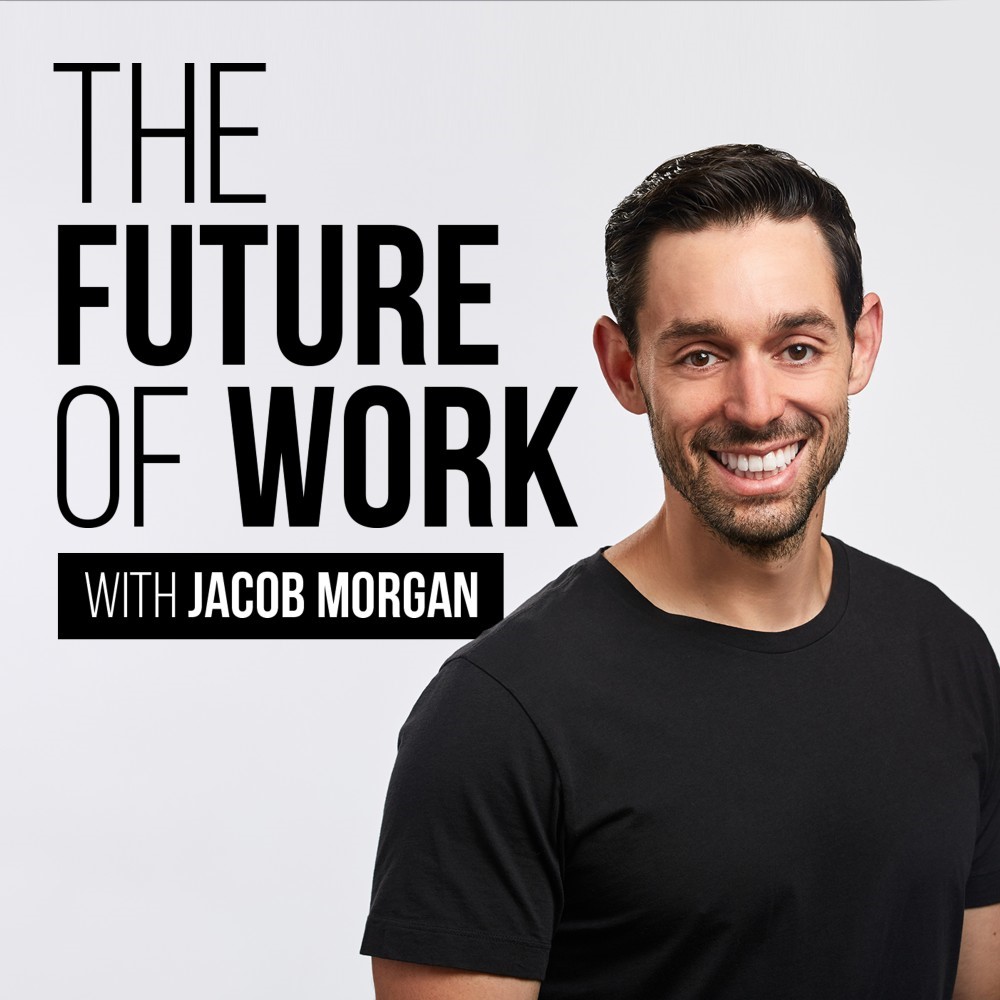Whether you create it or not, your company has a culture. But without the proper attention and nourishment, a company’s culture can quickly turn toxic.
No company is immune to culture struggles, including those with incredibly high revenue. In fact, culture challenges are common in rapidly growing companies.
Sophia Amoruso, founder and general partner at Trust Fund, learned that the hard way when her first company, Nasty Gal, experienced incredible growth and success in its early years.
At its peak, Nasty Gal was worth $350 million. But it also brought headlines of a toxic culture, silos, and internal struggles. Amoruso said the experience was a crash course in leadership, especially because she had never worked in an office before.
Since selling the company and starting new businesses, Amoruso has learned what it takes to build a thriving company culture.
She says a dynamic culture requires the leader to hold themselves accountable to lead themselves with discipline to the culture they want to build.
“The culture that you lead yourself by is going to lay the groundwork for the culture that you then employ people and model for them,” she said.
That means setting objectives and guidelines for what culture and success look like in your business from day one. Culture will happen on its own, and the result will likely be toxic and troublesome. Proactively building a culture from the beginning so that every new employee knows exactly what they are signing on to creates powerful guiding principles and a mutual understanding of how work gets done.
What you model as a leader is what your team will model after you, and as a leader, you have to hold yourself accountable. Amoruso says that may require making unpopular decisions and removing people from the organization if it preserves the culture and values of the company. Performance drops to the level of the lowest performer, meaning that if you don’t hold every person accountable to the culture, it will fall.
Amoruso has seen firsthand how quickly a dysfunctional culture has spread. So what should leaders do if toxicity creeps into their organization? Amoruso says to take care of it right away. Once any toxicity permeates a culture, correcting at scale is hard. Overcoming a negative culture also means treating employees like adults and having difficult conversations to remind people of the culture and hold them accountable to the standards.
Ultimately, leaders are responsible for protecting their organizations. And that means setting the guidelines for a strong culture, holding themselves accountable and modeling what they want to see in their employees, and taking swift action if that culture is challenged. Amoruso says great leaders also learn as they go and continually adjust their approach while holding strong to their values.
No matter the value or size of your company, culture is critical. Make building and maintaining a dynamic culture your top priority as a leader.
Listen to the episode on Apple Podcasts, Spotify, Google Podcasts, or your favorite podcast platform.
. . .

I launched a subscription version of my podcast. Get ad-free listening and access to bonus episode with the subscription version of the show The Future of Work Plus. It’s available on Apple and Spotify and it will cost $4.99/month or $49.99/year, which is the equivalent to the cost of a cup of coffee.
Fast-track your path to leadership success with The Future of Work Plus. I can’t wait for you to hear all the content we have in store!
————————————————————————————
This episode is sponsored by Globalization Partners, an organization that helps build global teams for growing companies.



